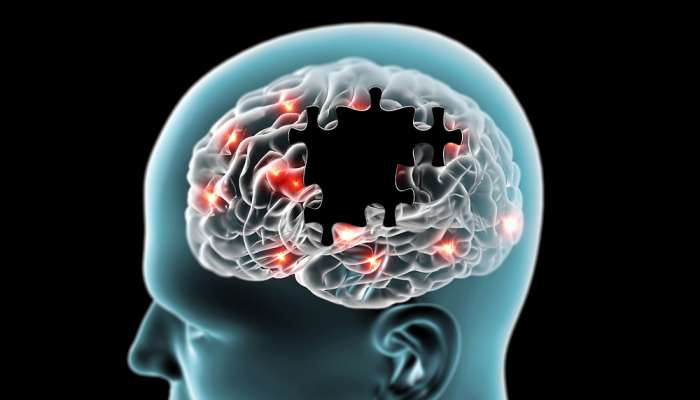
Washington: Researchers have potentially uncovered a new approach to combat Alzheimer's disease, identifying fat droplets within brain cells as a key culprit.
Michael Haney from the University of Pennsylvania suggests targeting fat droplets in brain cells could enhance Alzheimer's treatments, opening new avenues for therapy.
Traditionally, blame for Alzheimer's focused on beta-amyloid plaques and tau proteins.
However, recent discoveries indicate fat droplets play a significant role, sparking debate.
Haney's study on the APOE gene, a key Alzheimer's risk factor, revealed variants impact fat movement in cells, with APOE4 posing the highest risk.
The research suggests amyloid buildup triggers fat accumulation in immune cells, leading to neuronal tau tangles and memory loss.
Genes associated with slight Alzheimer's risk often influence fat metabolism or the immune system, supporting the fat droplet theory.